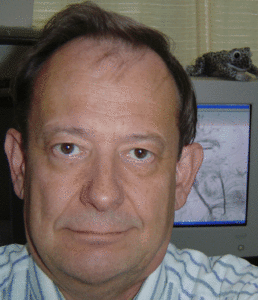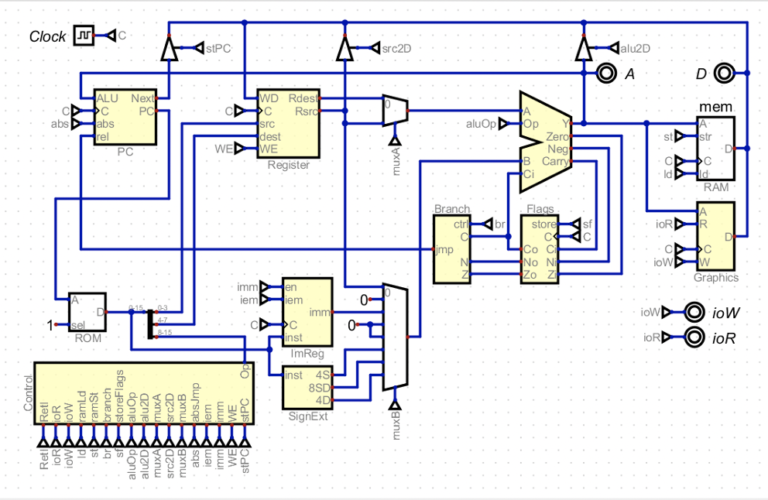Boot camp for Digital Systems Education, using a low cost FPGA board for learning digital electronics. Sponsored by a grant from the IEEE Computer Society for Emerging Technology. View the boot camp resources on gihub.
How do you use it?
- Course flyer: Boot camp for Digital Systems Education
- Slides for first day and second day (two day boot camp)
- Slides from two earlier presentations: “Le Grande Tour …” and “lowcost_FPGA_boards”
- Spreadsheets of: FPGA chips using free tools and FPGA PDF books available on web
- Modifications for “Digital Logic Designer tool”: https://github.com/hneemann/Digital/
- All files subject to modification, a date code is suffixed to each file.The FPGA board vendor provides a fifteen week internet course that supplements or continues the boot camp.
Why do you like it?
The charter of the IEEE Computer Society grant is:
- To do for FPGAs what Raspberry Pi and Arduino have done for microprocessors;
- To accomplish this the most suitable FPGA board and tool set suitable for high school students were located;
- Schematic capture is used to create designs. VHDL or Verilog is generated by the Digital Logic Designer tool and run through the AMD/Xilinx Vivado tool and downloaded to the FPGA board.
The goal of the grant is to make this approach main stream and to lower the cost of FPGA boards through economies of scale. Although advertised as a FPGA Boot Camp, it is really an introduction to digital electronics without the wiring. Students are a mixture of high school, college and continuing education. The students keep their FPGA boards.
Results from the first three sets of classes shows that the students succeed in this.
Target Audience
- Student Ages 14-18
- Educators Teaching Ages 14-18
- Parents with Children Ages 14-18
Resource Creator Bio

James Brakefield – Senior Life Member. Gives 2+ talks per year to the Computer chapter, the Life Member affiliate group, and Consultant’s affiliate group in the Lone Star section and elsewhere. Past chair of LMAG and current chair of the Computer chapter. One patent with 70+ citations. Conference talks and mostly unrefereed journal publications. Maintains a list of microprocessor soft cores on Github and Opencores. Career as Research Engineer, digital designer, real-time embedded, laboratory software and system architect.



